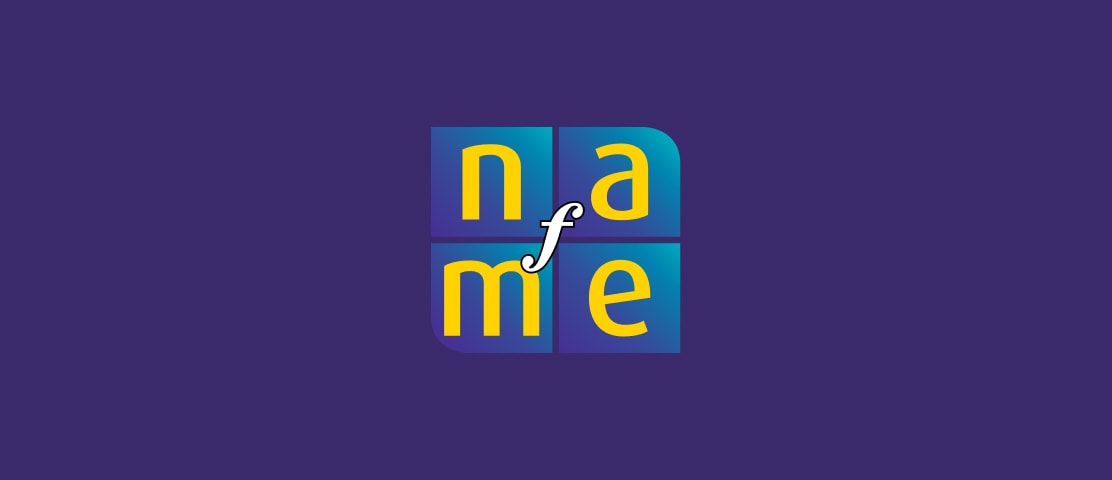/ Publications & Resources / Resource Library / The Non-Educator Performer in the Music Classroom
The National Association for Music Education
Position
MENC encourages professional collaborative relationships between music educators and visiting musicians and other presenters in the music classroom, with the understanding that these visiting musicians and presenters should make connections to the existing curriculum and work with educators to ensure student learning.
Concerns
The No Child Left Behind Law (NCLB) specifically states that all teachers must be “highly qualified” (meaning having demonstrable subject competence) and certified by the state in their subject area. However, individuals and groups from the community, such as parents, musicians, and music organizations, may be interested in presenting or sponsoring a presentation in a music classroom. Given that music instruction is often underfunded and understaffed, partnerships with arts and cultural organizations and services can be important resources for schools and positively affect student learning. Under no circumstances should a classroom presentation by a non-educator be a stopgap measure to supposedly integrate the arts or create an interdisciplinary curriculum. The mere presence of a musician or presenter does not automatically guarantee education, or even enrichment, in a classroom. In addition, a presenter who wants to teach but lacks state certification must work with the highly qualified teacher who is in charge of music instruction. The presenter’s plan for the classroom must be approved first by the teacher who has the legal responsibility for the class. In terms of responsibility to students, presenters are not above accountability. They do not necessarily know more than the teacher, and it is important that students understand that a presenter’s talent has been nurtured by learning, practice, commitment, and hard work. The teacher must design or approve the assessment, testing, or evaluative tools for the lessons the invited presenter offers.
The Music Educator’s Role
The music educator is a facilitator rather than a host for an event that includes a visiting musician. As a facilitator, the music educator should prepare both the students and the presenter in advance. As a facilitator, the music educator should have a role in, selecting the presenter, determining the focus, and planning the purpose of the visit, the activities in which students will be involved, and how the visit, presentation, and student learning will be evaluated. As the authority on teaching, the music educator can indicate that the presenter is expected to be prepared and professional, to maintain classroom control, to provide strategies and activities for engaging students’ curiosity and interest, and to keep the goals for student learning clearly in mind. The music educator can also help the presenter focus on accountability and the top priority, which is the students’ learning. After an event, the music educator can assist in assessment and evaluation, provide feedback to the presenter, and possibly recruit the presenter to participate in such issues as advocacy and funding for the arts.
Guidelines Before an event, the music educator can:
- Conduct planning sessions with the presenter so that the purpose, goals, and objectives of the event are clear and so that the event has a well-defined introduction, body, and conclusion. Included in this planning is telling the presenter about the pertinent school procedures and policies.
- Share teaching expertise. Find out about the pedagogical background and classroom experience of the presenter. Make sure that the presenter is able to establish positive relationships with the students, is aware of sound educational practices, such as accommodations for a variety of learning styles and intelligences, students’ ages and backgrounds, and is prepared to ask students questions that require higher order thinking relevant to the music curriculum and the presentation.
- Discuss Standards. Determine how student time is spent during the event and how activities will align with content standards. Make sure that the program will elicit the desired measurable results.
- Plan for feedback. Help the presenter to plan ways to assess student learning. Prepare to provide the presenter with systematic feedback and assist in collection and review of data.
- Prepare students. Before the event, distribute materials giving students information about the presenter, the art form, and the music literature to be performed.
During an event, the music educator should:
- Emphasize to the students the importance of their participation and collaboration with the presenter.
- Help the presenter implement planned activities and deal with the unexpected.
- Help the presenter use clear, jargon-free language that the students can readily understand.
After an event, the music educator should:
- Document student learning.
- Work with the presenter to assess student progress.
- Use the assessment results to further improve the teaching plan.
- Encourage the presenter’s commitment to student learning beyond the classroom.
- Use the assessment results to plan follow-up activities for the students.
Resource Type
- Position Statement
Year Added
2005




